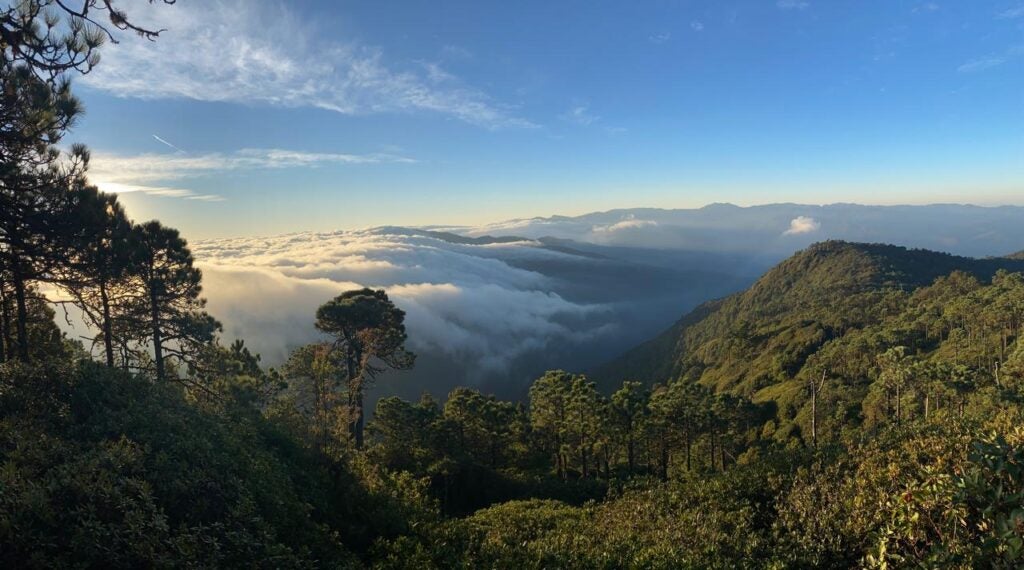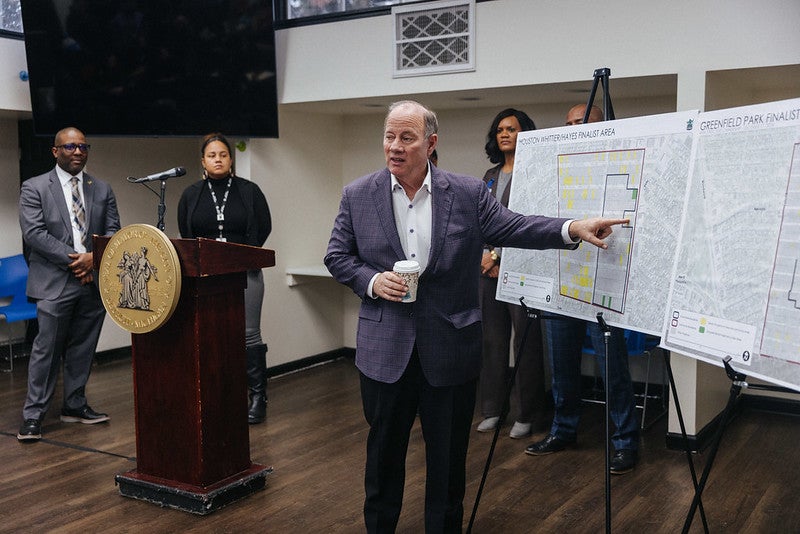This post was authored by Edgar Godoy, Associate Vice President for Jurisdictional Alliances, and Paola Bauche, Secretary of Environment and Territorial Development, State of Jalisco, Mexico.
As the urgency of the climate crisis intensifies, jurisdictional REDD+ approaches have emerged as a scalable, equitable, and results-based solution for tackling deforestation and forest degradation. In Mexico, the State of Jalisco stands out as a subnational leader, having developed and begun implementing a jurisdictional REDD+ model rooted in long-term vision, institutional strength, and a strong commitment to forest communities’ rights. In its role as strategic partner to the Government of Jalisco, Environmental Defense Fund has been providing targeted technical assistance, supporting the development of emissions baselines and safeguard frameworks, and bolstering Jalisco’s alignment with international best practices in high-integrity carbon markets.
With over 4 million hectares of forest cover, representing more than 50% of its territory, Jalisco’s forests are critical for biodiversity conservation, climate regulation, and the livelihoods of hundreds of communal land communities, called ejidos, and Indigenous communities. The state’s REDD+ Strategy, developed through inclusive, participatory processes, links forest conservation, restoration, land-use planning, and sustainable rural development. It aligns with Mexico’s national REDD+ framework and the country’s commitments under the Paris Agreement.














 It’s been a consequential month for research on solar radiation modification (SRM). And while there has been a lot of news lately that’s concerning to those of us working in climate, it’s important to celebrate progress in fundamental areas: advancing public research and creating more global connections across the SRM research community.
It’s been a consequential month for research on solar radiation modification (SRM). And while there has been a lot of news lately that’s concerning to those of us working in climate, it’s important to celebrate progress in fundamental areas: advancing public research and creating more global connections across the SRM research community. 
